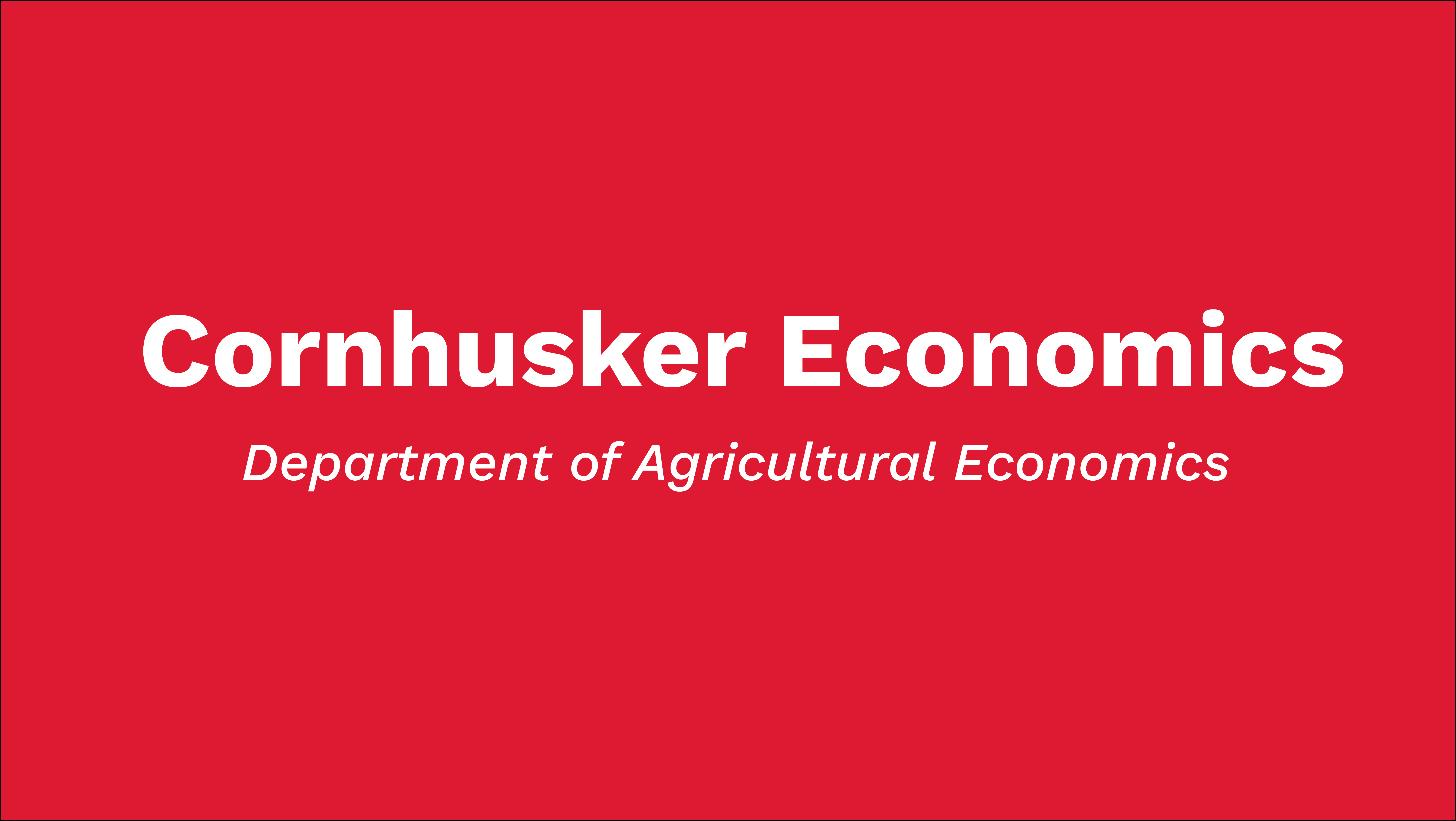Content
For some businesses this year, they may be thinking about hiring one or more new employees. This is a big decision. Initially, they may be thinking, “Can this business support another employee?” That could be the easy question. The harder questions could be, “How do I find a good employee, and then what do I need to do to retain them?”
These questions are at the top of the minds of businesses all across the country right now. The workplace environment is subtly changing with current trends impacting both employees and employers. In a recently published article by the Harvard Business School1, several trends and their practical implications were highlighted.
Employees want greater flexibility
Flexibility can mean many things. It could be about the number of hours scheduled or when those hours are scheduled. With some schools going to a 4-day week, will the workplace mirror this change? Could a shorter work week move from a radical notion to more of a norm? Another way to think about flexibility is to think about benefits. Perhaps offering more expansive care giving options for children, elder care, or even pet care gives employees the flexibility they need to meet family needs.
Employers want skills
It is all about skills and experiences and how they can be documented in the workplace. Formal degrees may not have the influence they once did. Today there is more discussion about “micro credentials.” This term encompasses a lot of things but primarily it is defined as a short-term, intense, learning experience that leads to the development of specific skills. An example of this would be the certifications or badges that are often given for specific software training. But today you are seeing all sorts of micro credentials on virtually every workplace topic. The focus on skills also has a new acronym and explanation: “STAR” or “Skilled Through Alternative Routes.”
A new skill or experience that is quickly embedding itself into the workplace is Artificial Intelligence or AI. It may mean that new skills and training time are needed to tap into the AI benefits. This will probably lead to job descriptions being revised to include AI skills.
People overseeing the workforce must have conflict-resolution skills
Managing interpersonal conflicts will not go away, they will just become more complex.
As the workforce becomes more diverse with a wider range of ages, experiences, and cultures, different ways of seeing and doing things will be incorporated into the workplace – and this takes people skills to make it happen!
Entering and exiting the workplace will be more fluid
At one time, choosing a career was thought of as a straight, linear experience but not anymore. Career pathways (think straight multi-lane highway) are more like career exploration adventures (think mountain biking trails) with lots of different moves and options along the way.
People will come and go in an organization so there needs to be ways to gracefully exit and re-enter so that valuable experience is not lost. Older employees may be looking for unique ways to still be engaged but not full-time. Perhaps there are short-term projects where their skills can be used over time. Job sharing might be an option for those with care giving responsibilities. People with entirely different work backgrounds may be asked to fill management roles. They will bring a lot of new insights into the workplace, but they may also bring new challenges as they adapt to the workplace culture.
The Takeaway…
There will be some soul-searching for both employers and employees on the horizon. Each has to decide what they need and want and then decide together how to make this fit.
A productive workforce is a key element in keeping the economy of a community moving forward. As societal issues push and pull on us as individuals and families, we need to make way for new situations and opportunities. Knowing these trends ahead of time allows us to plan and prepare for the next stage of our participation in the local workforce.
1More information can be found at: https://hbr.org/2024/01/9-trends-that-will-shape-work-in-2024-and-beyond
Cheryl Burkhart-Kriesel, Ph.D.
Professor and Extension Specialist
Department of Agricultural Economics
Rural Prosperity Nebraska
University of Nebraska-Lincoln
cburkhartkriesel1@unl.edu
308-632-1234
